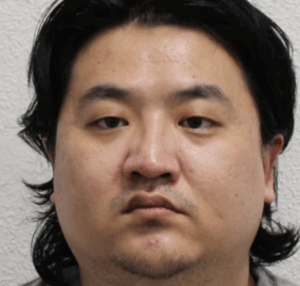A vulnerable pensioner battling illness faced the heartbreaking decision of selling his home after his caretaker, Alistair Anderson, betrayed his trust by gambling away £90,000 of his savings.
Anderson, 60, initially appeared to be a trustworthy friend, assisting the pensioner as his health declined during the Covid-19 lockdown. However, over two years, the former chef and Westminster Abbey Marshal exploited his position of trust to feed his online gambling addiction, leaving the pensioner in dire straits.
In a recent court hearing at Woolwich Crown Court on Friday (April 19), Anderson, of White Horse Road in Aldgate, received sentencing for fraud by false representation, to which he had previously pleaded guilty at Bromley Magistrates’ Court.
Judge Ben Gumpert KC condemned Anderson’s actions, noting how he took advantage of the pensioner’s kindness and declining health to access his bank account for personal gain rather than aiding the pensioner’s well-being.
Anderson’s defence argued that his client had developed a gambling addiction during the lockdown, a habit that spiralled out of control after innocently clicking on online gambling advertisements.
The consequences of Anderson’s deceit were severe. The victim, facing financial ruin, was forced to sell his home to cover care home fees after being diagnosed with dementia. The betrayal not only left the victim in financial distress but also inflicted significant emotional anguish and anxiety.
Despite the gravity of his actions, Anderson expressed genuine remorse and a commitment to repay the stolen funds. Judge Gumpert, taking into account Anderson’s intention to make amends and the current strain on prison capacities, sentenced him to two years in custody, suspended for two years.
However, during sentencing, Judge Gumpert criticized the police and Crown Prosecution Service (CPS) for the significant delay in charging Anderson, highlighting systemic flaws in the criminal justice process.
The case underscores the vulnerability of individuals in need of care and the importance of safeguarding against exploitation and abuse, particularly in situations of trust.





































